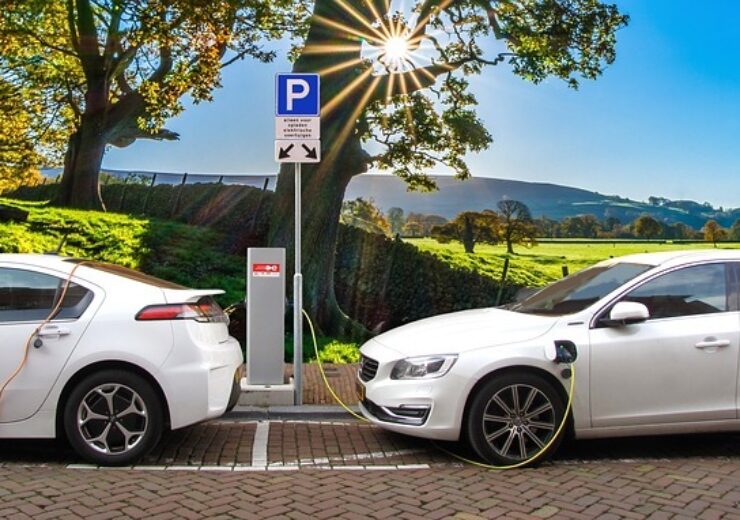The infrastructure investments to be made under the Bipartisan Infrastructure Law are expected to help in establishing new, retrofitted, and expanded commercial facilities along with manufacturing demonstrations and battery recycling

US DOE announces $3.16bn funding to ramp up domestic battery manufacturing and supply chains. Credit: (Joenomias) Menno de Jong from Pixabay.
The US Department of Energy (DOE) has given a $3.16bn funding boost for making more batteries and components domestically as well as for strengthening supply chains in the country.
According to the DOE, infrastructure investments amounting to $3.1bn will help in setting up new, retrofitted, and expanded commercial facilities along with manufacturing demonstrations and battery recycling.
The department has also announced a $60m funding, which will be for supporting second-life applications for batteries once used for powering electric vehicles (EVs). Under the same funding, new processes for recycling materials back into the battery supply chain will also be supported.
The DOE said that the two funding opportunities are highly important components of the Biden Administration’s whole-of-government supply chain strategy for bolstering the country’s energy independence to cut down dependence on competing countries.
The funding is also said to back President Joe Biden’s aim to see EVs constituting 50% of all vehicles sales in the country by the end of this decade.
US Secretary of Energy Jennifer Granholm said: “Positioning the United States front and centre in meeting the growing demand for advanced batteries is how we boost our competitiveness and electrify our transportation system.
“President Biden’s historic investment in battery production and recycling will give our domestic supply chain the jolt it needs to become more secure and less reliant on other nations—strengthening our clean energy economy, creating good paying jobs, and decarbonising the transportation sector.”
The funding will be made from President Biden’s Bipartisan Infrastructure Law.
Under the Bipartisan Infrastructure Law, nearly $7bn has been allocated to strengthen the US battery supply chain. This includes investments in producing and recycling critical minerals without new extraction or mining and procuring materials for manufacturing within the US.
The Bipartisan Infrastructure Law also provides $7.5bn funding for EV chargers, $5bn for clean and electric school buses, and $5bn for electric transit buses.
Earlier this year, the US government, under the same law, announced a funding of $2.91bn in projects that will strengthen domestic battery manufacturing and recycling for supporting the growing demand for EVs and energy storage.
In a separate announcement, the DOE said that it will provide funding of up to $45m to support the development of advanced EV batteries in the US.
Under the Advanced Research Projects Agency-Energy (ARPA-E), the department has launched the Electric Vehicles for American Low-Carbon Living (EVs4ALL) programme to develop more batteries that are affordable, efficient, convenient, and resilient.


